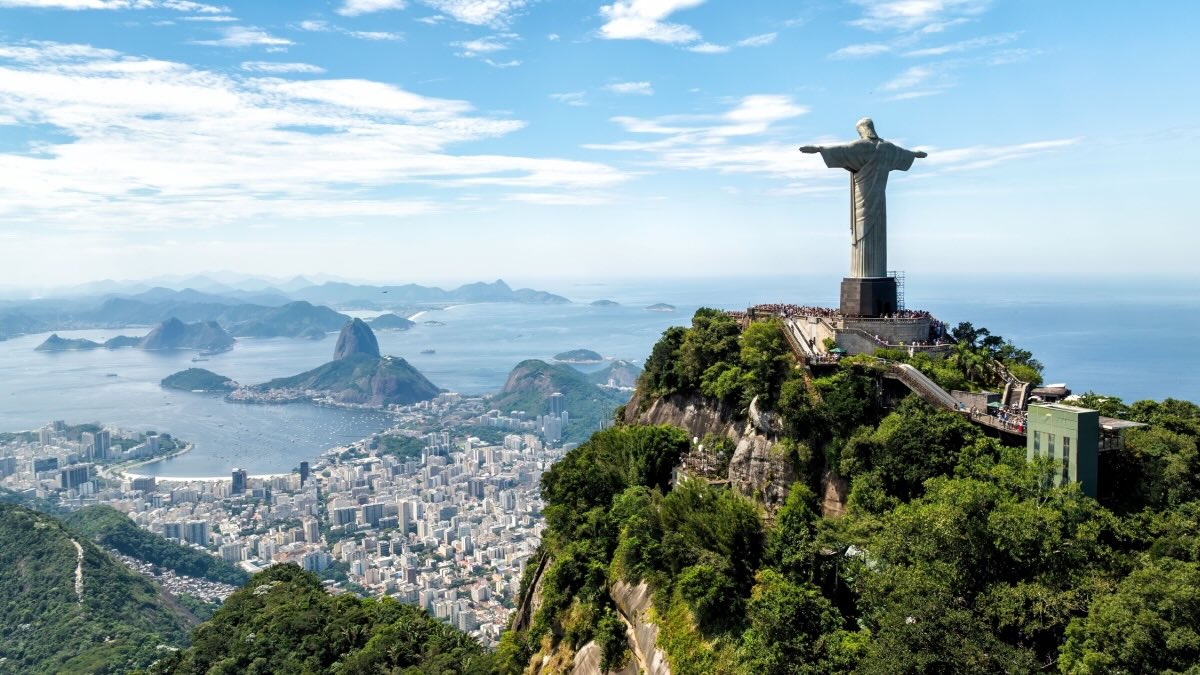Brazil’s Ministry of Finance is working with the National Telecommunications Agency (Anatel) to begin blocking access to more than 2,000 illegal gambling websites.
On Friday (11 October), betting and gaming sites that are not on the authorised list issued by the Prizes and Betting Secretariat of the Ministry of Finance (SPA-MF) began to be taken offline by internet services providers (ISPs) in the country.
To identify these platforms, the SPA carried out extensive monitoring of websites and social networks, initially locating 2,040 suspicious domains, which were sent to Anatel to be blocked.
“Those who are not in compliance or in the process of becoming regularized will be taken offline,” said Finance Minister Fernando Haddad.
There are currently 96 companies operating 210 websites on the Ministry’s authorised list that are allowed to continue to operate nationwide in Brazil until December, with the new regulated market opening in January 2025.
Regis Dudena, secretary of betting and gaming within the Ministry of Finance, said: “It is very important for bettors to understand that, for the sake of their mental and financial health, it is better to be in a regulated environment, where companies operate that are actually willing to comply with the rules.
“Collaborating with illegal companies means contributing to companies that, ultimately, will defraud the bettors themselves. That is why it is very important to understand the separation between these two groups.”
Dudena said that the Treasury Department will constantly monitor these sites to ensure they do not return to Brazil.
“This is a very important first step that will be further developed and will involve ongoing action by both the SPA and other government agencies to protect, above all, gamblers and the popular economy,” said Dudena.
Operators that are not on the Ministry of Finance’s authorised list are also prohibited from advertising, including sponsoring football clubs.
“The positive list will be the benchmark for everything that is regular in Brazil, both for betting and advertising,” continued Dudena. “We are already seeing some moves by platforms, social networks and TV and broadcasting associations to ensure that advertising is restricted to regular companies.”
Those authorized to operate until December will also be monitored while they are in a “probationary period” until all the documentation for the final authorization process has been analysed.
Operators that violate any laws currently in force in Brazil, such as the Consumer Protection Code and the Child and Adolescent Statute, run the risk of not obtaining authorization to operate next year.
“Companies that are operating are jointly responsible for their actions,” warned Dudena. “Even those on the current positive list are also being analysed and all their behavior will be taken into consideration until the final decision on the final authorization.”
